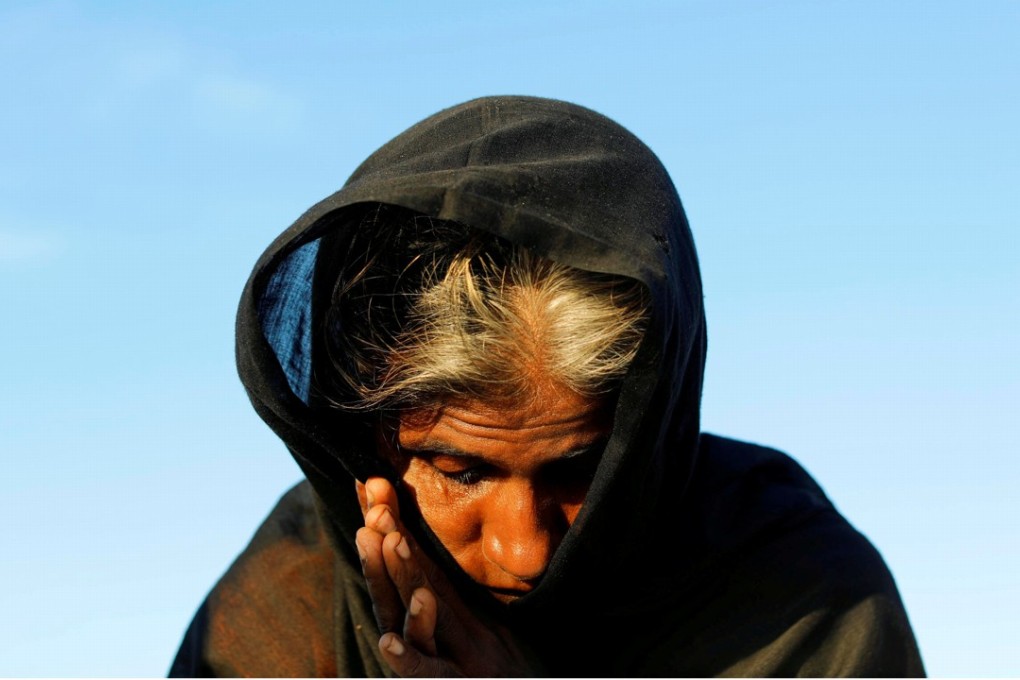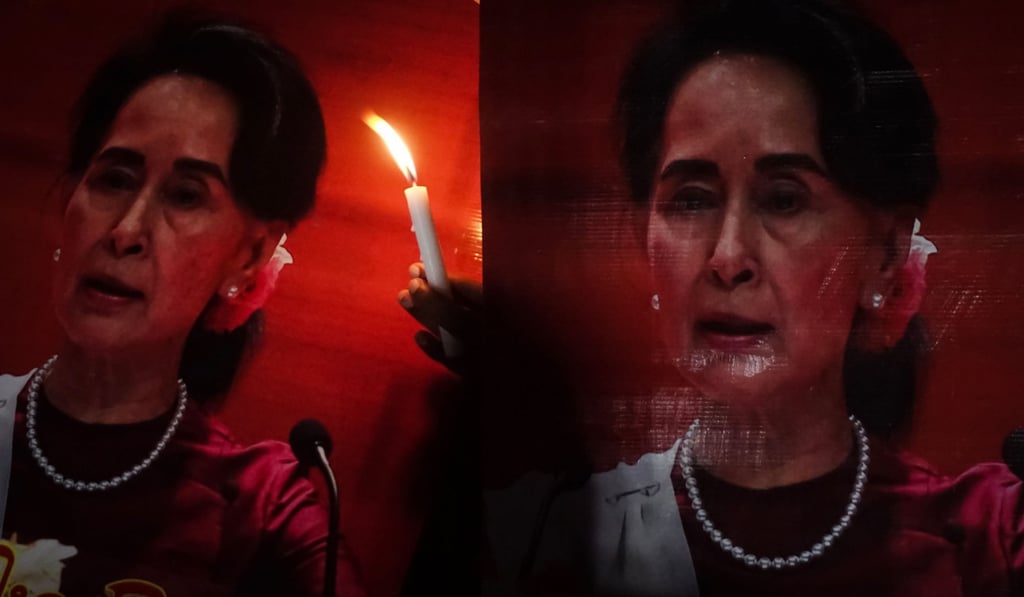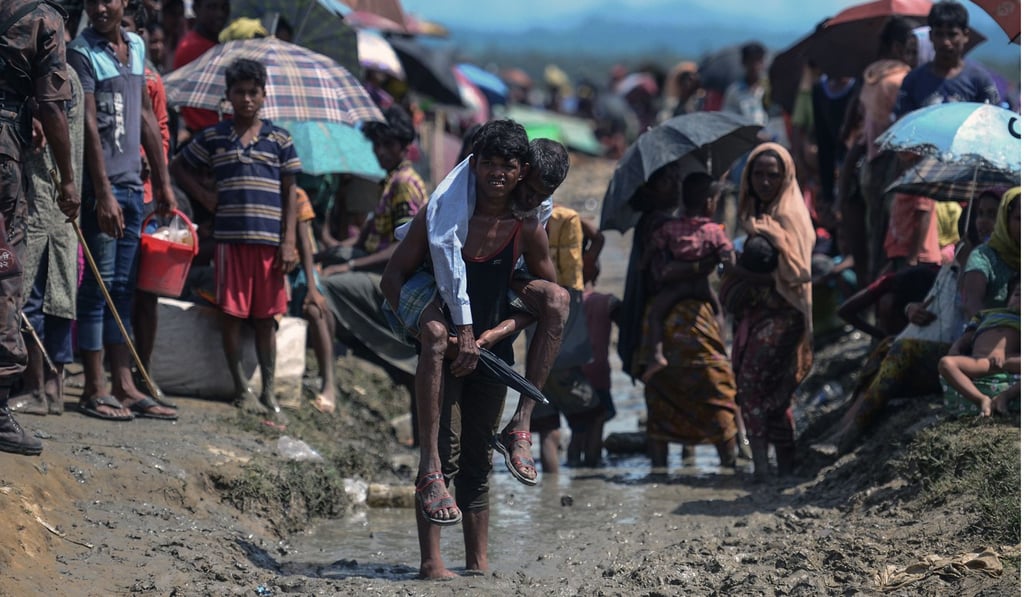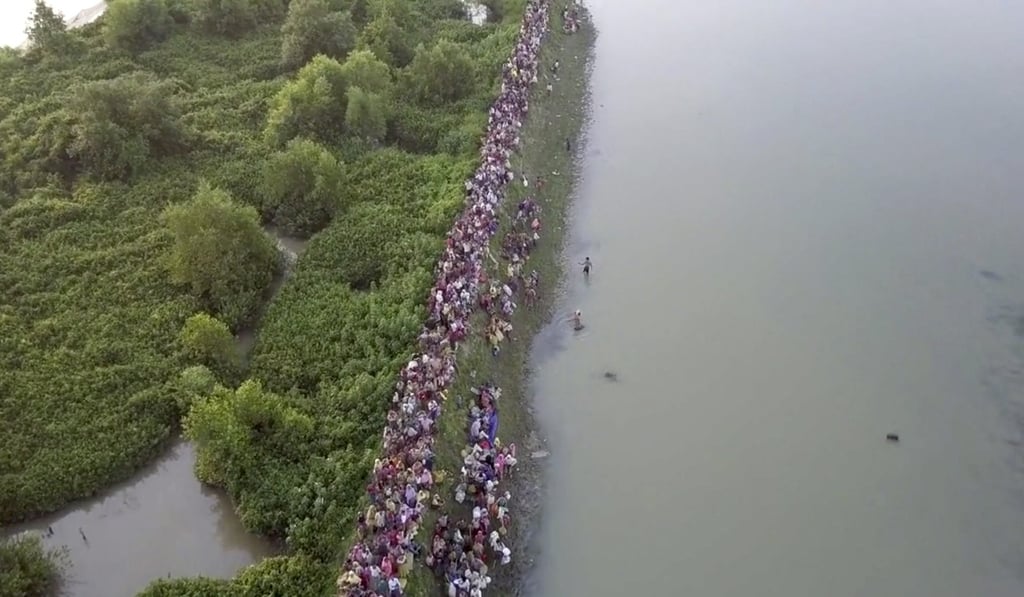Advertisement
Rohingya’s desperate plight shines light on widespread ethnic discrimination across Asean
Felipe Cruvinel says Asean leaders must speak up and act on the prejudices that divide society, or risk seeing these simmering tensions turn into a humanitarian crisis, as has happened with Myanmar’s Rohingya Muslims
Reading Time:3 minutes
Why you can trust SCMP

While the plight of the Rohingya in Myanmar has taken the international community by surprise, the United Nations at least cannot claim it did not see this coming. In “suppressed” reports revealed by The Guardian this month, UN consultant Richard Horsey accurately predicted Myanmar’s brutal military campaign against Rohingya communities months before the current crisis erupted, while the World Food Programme revealed a food crisis made worse by aid cuts. Where the reports offered recommendations for addressing deteriorating circumstances, the UN’s local representatives allegedly “spiked” their findings to protect relationships with Myanmar’s government.
Further, one of the reports offers a frank assessment of ethnic tensions in a region that usually sweeps them under the rug. Whereas leaders across the Association of Southeast Asian Nations stick to the bloc’s core script of “economic growth, social progress and cultural development”, a closer look reveals violence and discrimination not only within Myanmar but across Asean. The Rohingya crisis, far from an exception, could draw global awareness to similar issues across Southeast Asia.
Like many conflicts in Asean, the political deprivations faced by the Rohingya date back far longer than recent developments – back even before the 1962 coup that brought Myanmar’s military regime to power. It was successive governments, though, that implemented discriminatory policies culminating in the junta stripping them of their citizenship in 1982. Any hope that the 2008 constitutional referendum and subsequent return to civilian rule would improve the Rohingya’s status has so far been dashed by Nobel laureate Aung San Suu Kyi’s refusal to acknowledge the reality of her government’s actions.
UN slams Myanmar for lack of access to Rakhine state after convoy witnessed ‘unimaginable’ suffering

Advertisement
Ironically, Myanmar’s re-emergence may be serving as a catalyst for the crisis. With land seizure laws allowing the junta to effectively seize lands deemed necessary for “development”, Myanmar’s armed forces have used brutal means to displace the Rohingya in Rakhine state. These land grabs have occurred across Myanmar for decades, but it took hundreds of thousands of Rohingya fleeing to Bangladesh at once to attract global attention.
Why the Rohingya will never be welcome in Myanmar

Advertisement

Advertisement
Select Voice
Choose your listening speed
Get through articles 2x faster
1.25x
250 WPM
Slow
Average
Fast
1.25x